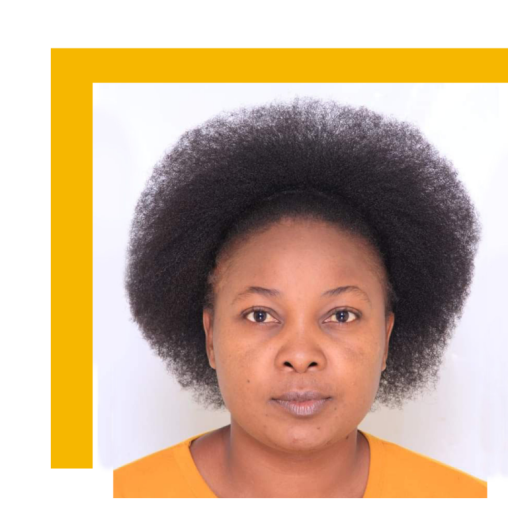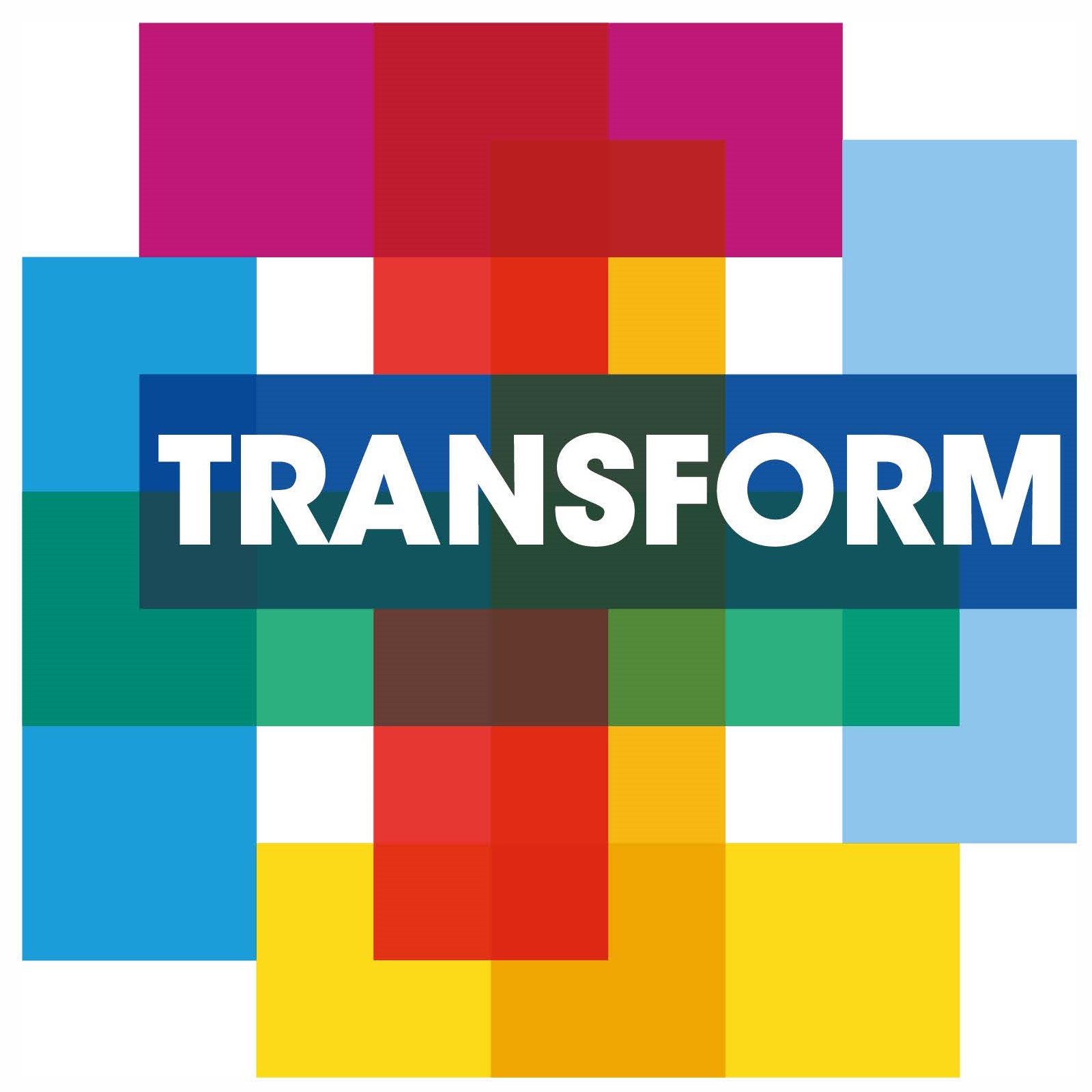How to support utilities to create new sanitation businesses
Published on: 24/08/2022
Learnings from TRANSFORM’s new Utilities Sanitation Challenge Dissemination Report
Water utilities in Africa are increasingly embracing their new remit to deliver both sanitation as well as water services. They have the political remit, technical skills and land to do so, and it’s hard to see how sanitation models could scale without them. That’s why we started to question if TRANSFORM’s approach of supporting entrepreneurs with grant funding and technical assistance could be applied to intrapreneurs – changemakers within utilities.
In 2019, we launched the TRANSFORM Utilities Sanitation Challenge, and received over one hundred applications. The winners of the challenge were Malindi Water and Sewerage Company (MAWASCO) in Kenya and Southern Water and Sanitation Company (SWSC) in Zambia. Both organisations wanted to launch their first sanitation services for low-income households, helping to formalise and professionalise the practice of manual pit latrine emptying.
After 18 months of implementation, we reflect on top four learnings on how to work with utilities to create water and sanitation businesses:
- Collaboration and cross sector partnerships.
The project would not have been possible without combining the on-ground, practical experience of the utilities, technical advice from NGO WSUP, business modelling from WSUP Advisory, project management and behaviour change from TRANSFORM and (in Kenya only) technical implementation by social enterprise Sanivation. However, forming such a cross sector team was not easy – especially during the Covid-19 pandemic when travel was restricted. The team learned to work together through open communication of challenges and by actively strengthening personal relationships within the team to build trust. - Behaviour change.
Both projects used Unilever’s Five Levers for Change behaviour change methodology to encourage customers to buy their new service and incentivise the current workers to adopt more professional practices.

“We learned that understanding human behaviour is critical and would advise any utility undertaking a similar project to ensure they truly know what behaviour they want to change and what the desired behaviour looks like. This helped us design a much more sustainable service by thinking more about bringing value to our customers”
– Eustakia Milimo Hamuchenje, SWSC, Zambia.
- Learning by doing
Utility staff are often engineers – used to building physical equipment to linear plans, known specifications and tight budgets. However, building a business is not like building a plant. It can’t be done in a linear way and there needs to be a lot of experimentation to figure out what works. The SWSC team with WSUP and TRANSFORM completed Acumen’s excellent free course Lean Start-up Principles for the Social Sector. We tried to test everything, from trials with workers to figure out what tools and transport was right to rapid mock ups of radio jingles using staff recorded audio. - Consulting customers
In a business, you’ll encounter thousands of decisions and questions, but there’s only one person whose view really matters – your customer.

“The practice of conducting regular market research has become more ingrained in our everyday practice. The team often wants to conduct small surveys and ask customers about their experience. They’ve become more confident as researchers having seen the importance.”
– Priscillah Githinji-Oluoch, MAWASCO, Kenya.
For learnings and insights can be found in our TRANSFORM Utilities Sanitation Challenge Dissemination Report
-
 Report
Report
